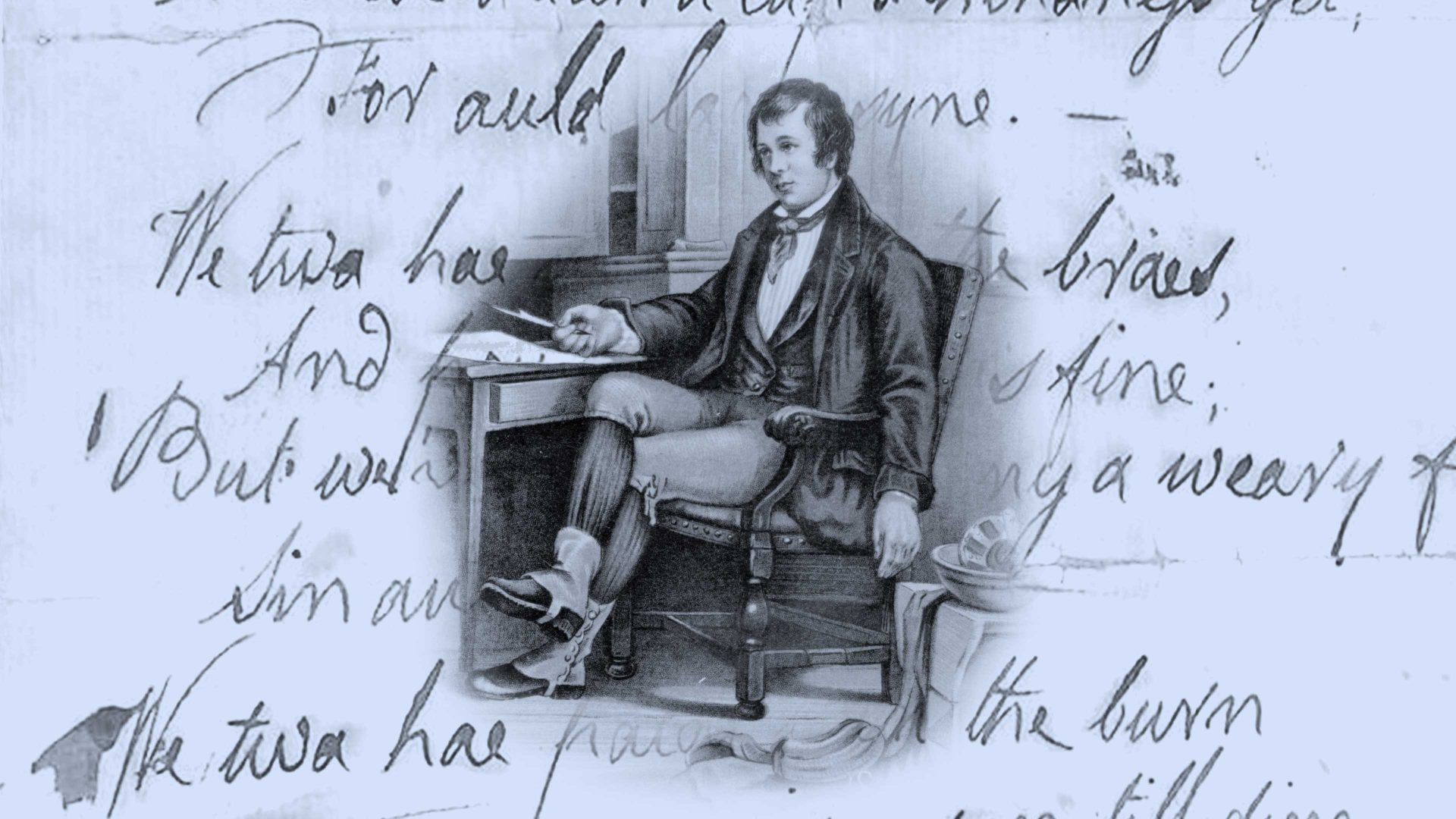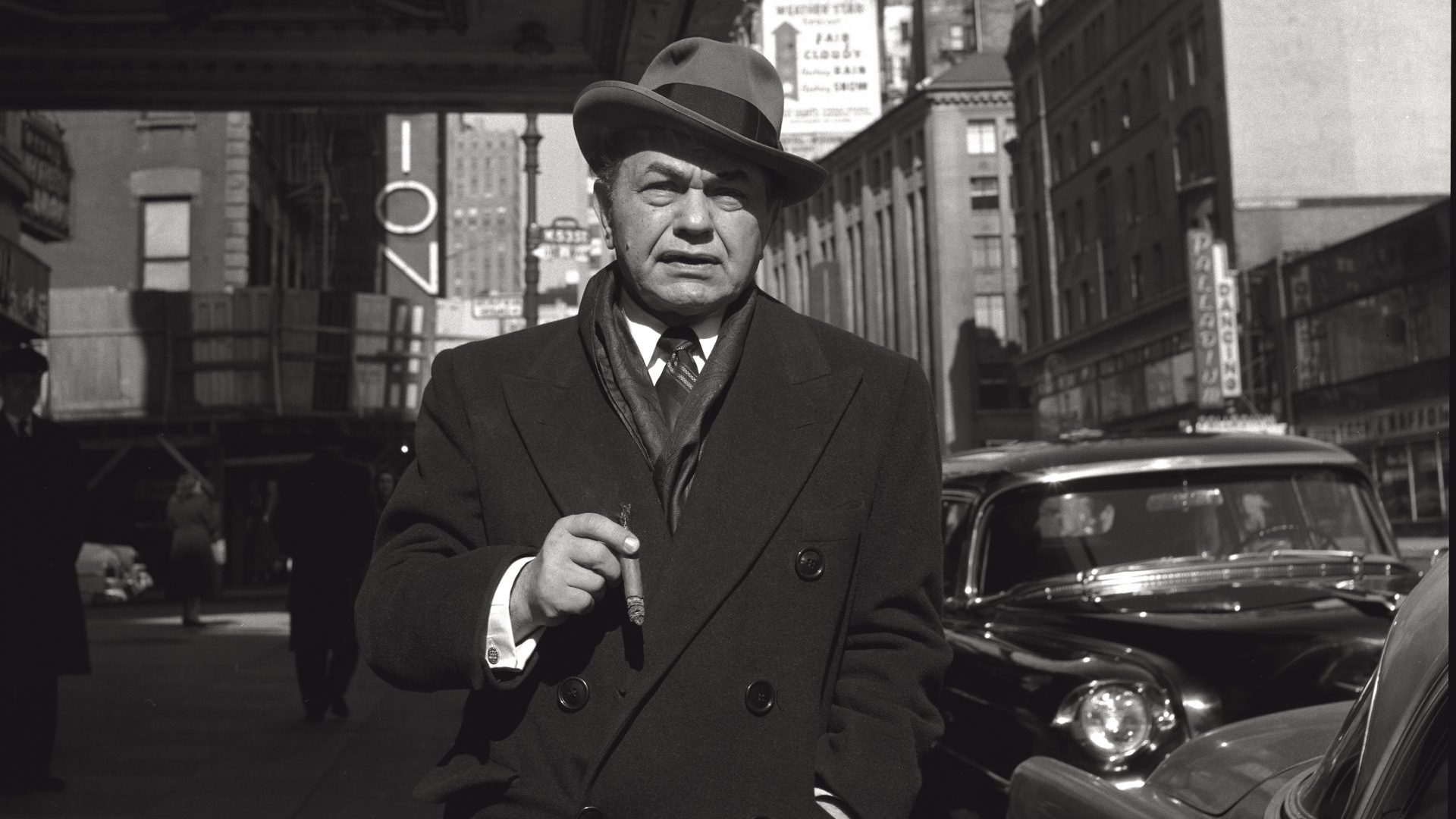Burns Night, that annual celebration of the Scottish poet Rabbie Burns, falls on January 25. Ask people from south of the border what he is most famous for, and you will get plenty of votes for Auld Lang Syne, which many of us sang a few weeks back on Old Year’s Night (or if you prefer – which I don’t – New Year’s Eve).
Burns is credited with authorship of the lyrics, which are set to a traditional melody, but admitted he took down the song’s words from an old man who he heard singing it.
While many of us may be able to produce the melody of Auld Lang Syne rather well, most of us only know the words of the first verse and the chorus of the song, and even then have merely a vague understanding of what those lyrics actually mean.
The difficulty for most English-speaking people is that the words of Auld Lang Syne are in Scots, not English. As we saw in TNE #237, the Scots language is closely related to, but distinct from, English, which differs from it in many important ways.
So how many people, as they lustily, and not infrequently drunkenly, sing in the New Year, know what Auld Lang Syne means – or even how to pronounce it correctly?
The title literally means “old long since”, or more colloquially “old times past”, “long ago”, “days gone by”. Lang is, rather obviously, “long”: the same word occurs with this meaning in most Germanic languages, including German, Dutch, and Norwegian; it was also the form in Old English. Today, lang is not only found in Scots but also in the English dialects of all of the far north of England: Cumbria, Durham, Northumberland, northern Lancashire and Yorkshire.
Blaydon Races is a well-known Geordie song associated with Tyneside. One of the lines of the song runs “They called on me to sing a sang”, where “sang” clearly corresponds to southern “song”. This song-sang, long-lang alternation is part of a more extensive pattern which also extends to among-amang, wrong-wrang, throng-thrang. Lang, sang etc were the original Old English forms, but a sound change took place in the south of England about a thousand years ago which never spread to the far north, whereby the -ang sequence of sounds changed to -ong. Personal family names such as Strang and Lang or Laing are northern versions of southern Strong and Long. And there are many northern placenames such as Langdale “long valley” in Cumbria and Langcliffe in North Yorkshire which also show this form.
The “syne” of Auld Lang Syne should be pronounced the same as sign, and not “zyne”, as it is often mispronounced south of the border. The word originally comes from the Anglo-Saxon language, Old English, the ancestor of both English and Scots, where “sithen” meant “since, thereupon; afterwards, subsequently”. It is probably also descended from Old Norse siðan, there having been very considerable Scandinavian settlement in Scotland at the time of the Viking invasions. The Modern Norwegian equivalent is sidan, the Danish is siden, the Swedish is sedan and the Icelandic is siðan.
The first line of the chorus goes “For auld lang syne, my jo.” But English speakers tend to replace my jo with my dear. In Scots jo means, roughly, “sweetheart”, and is a term of endearment. It has the same origin as joy, which comes from French joie. So “dear” is a very suitable translation.
Auld
Auld is a Scots variant of “old” which, interestingly, rather accurately represents the pronunciation of the Anglo-Saxon vowel of a thousand years ago. Auld was formerly found in writings from northern England, but from the 1300s onwards it has been a distinctively Scottish orthographic variant. Auld Reekie (old smokey) is an affectionate name for Edinburgh.




